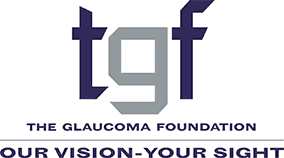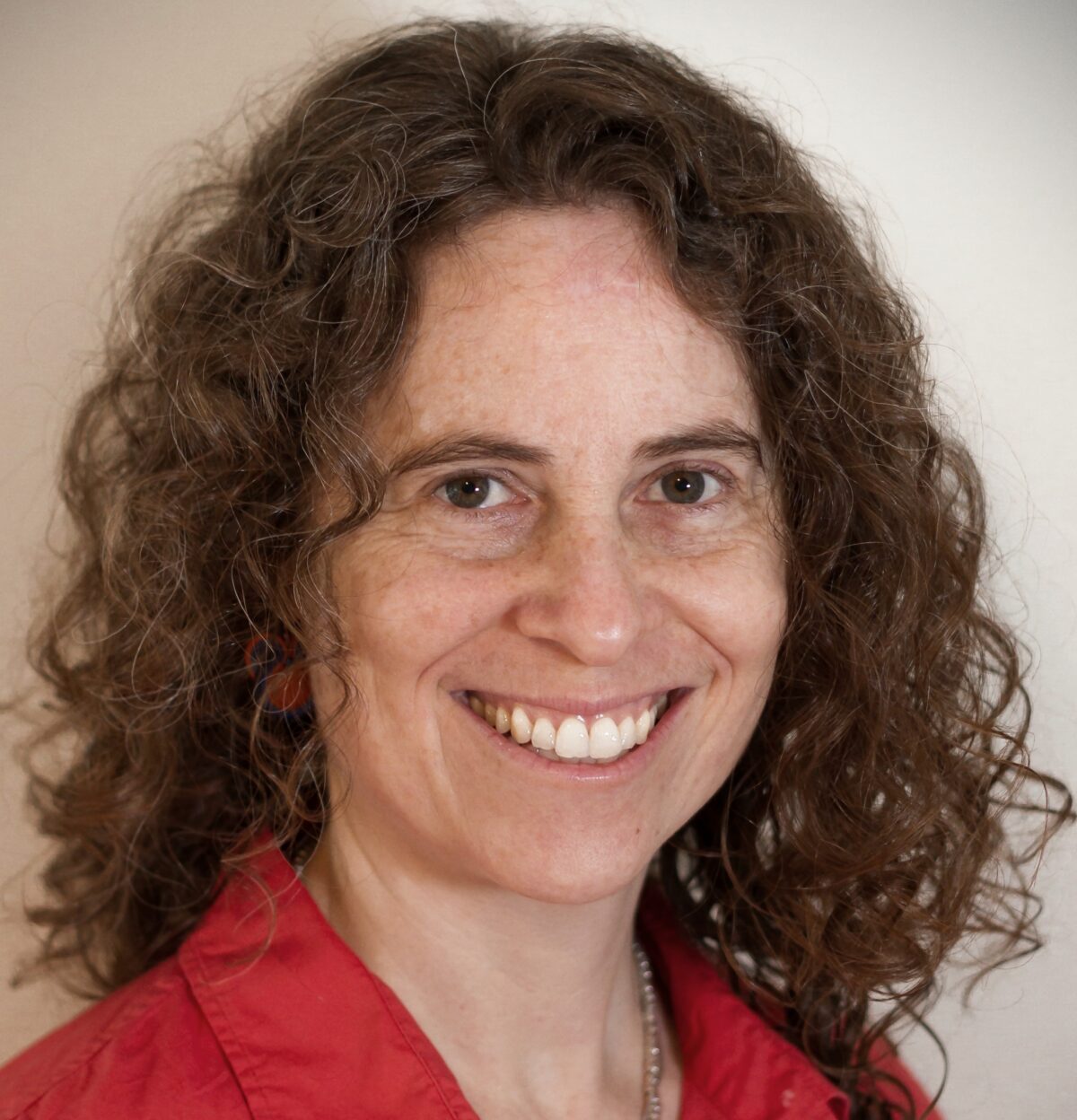Associate Professor of Ophthalmology Harvard Medical School Director, Biostatistics and Bioinformatics Core Ocular Genomics InstituteBoston, Massachusetts
Ayellet V. Segrè, PhD
Dr. Ayellet Segrè is an Associate Professor of Ophthalmology at Massachusetts Eye and Ear (MEE), Harvard Medical School, Director of the Bioinformatics and Biostatistics Core in the Ocular Genomics Institute at MEE, Associate Member of the Center for Genomics Medicine at Massachusetts General Hospital (MGH), and an Associate Member at the Broad Institute. Dr. Segrè’s laboratory combines statistical genetics, functional genomics and systems biology approaches to identify genetic regulatory mechanisms, genes, pathways, and cell types that influence common retinal diseases, with a focus on primary open-angle glaucoma and age-related macular degeneration, and differential drug response in diabetic retinopathy patients. To enhance biological discoveries for eye disease, Dr. Segrè is leading efforts to create transcriptomic, genetic regulation, and chromatin accessibility maps for anterior and posterior human eye tissues at the tissue and single cell levels, and develops computational methods that integrate large-scale human genetic association studies with functional omics data. Dr. Segrè is a PI or co-Investigator on multiple NIH grants, was awarded the 2024 Research to Prevent Blindness and The Glaucoma Foundation Career Advancement Award, and is an elected member of the ARVO Annual Meeting Program Committee (AMPC) for the Genetics Cross-Sectional Group. She is also a member of the International Glaucoma Genetics Consortium and co-coordinator of the Human Cell Atlas Eye Bionetwork.
Dr. Segrè earned her B.Sc. in Life Sciences with a minor in Genetics from the Hebrew University of Jerusalem, Israel (1998), a M.Sc. in Cancer Research from the Weizmann Institute of Science in Israel (2001), and a PhD in Genetics and Genomics from Harvard University (2007). She did her postdoctoral training in statistical genetics in the laboratory of Prof. David Altshuler at MGH and the Broad Institute, where she pioneered the development of MAGENTA, one of the first methods to apply gene-set enrichment analysis to GWAS that identified biological processes involved in type 2 diabetes and other complex diseases. Before starting her lab at MEE/HMS, she was a lead computational biologist in the Genotype-Tissue Expression (GTEx) Project at the Broad (2013-2017), playing a key role in creating the widely used atlas of expression and splicing QTLs in 50 healthy human tissues.

